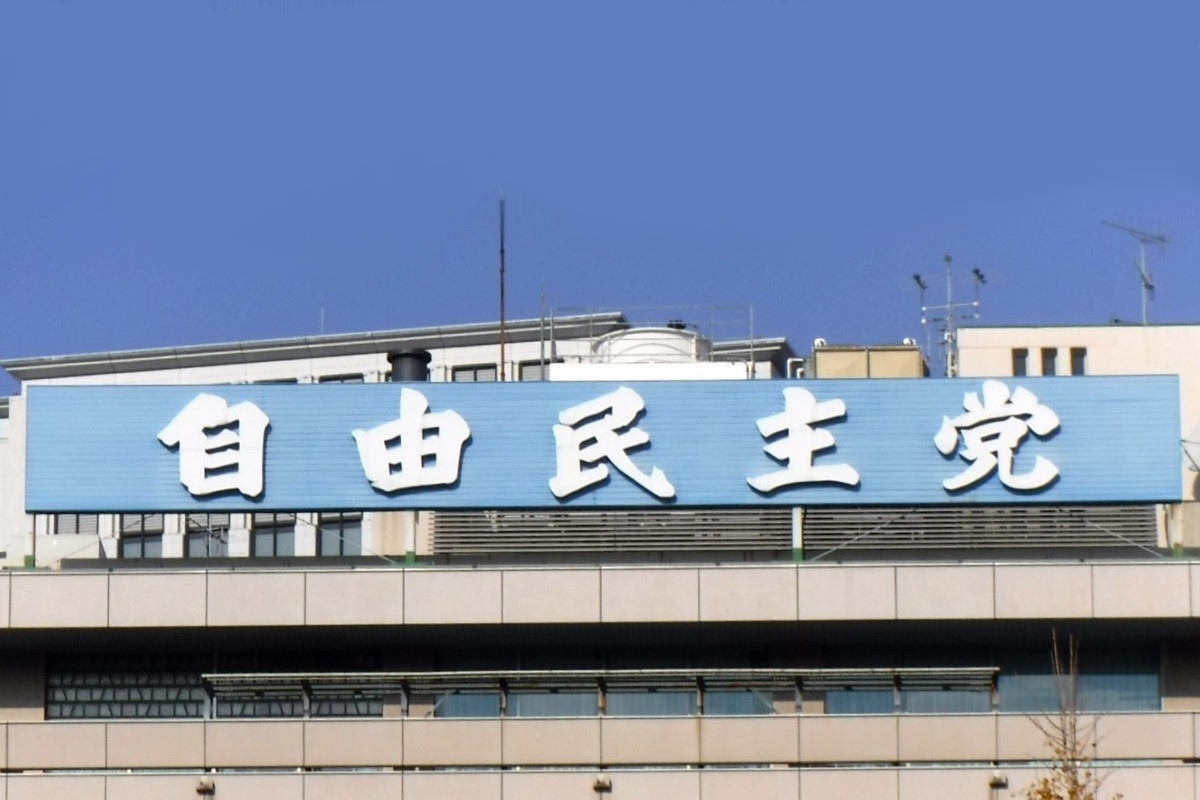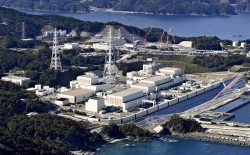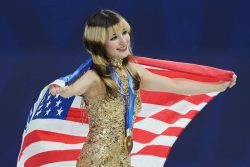Rifts Widening in Abe Faction Ahead of LDP Election; Members Unable to Shed Image of ‘Hidden Fund Lawmakers’

The Liberal Democratic Party’s headquarters in Chiyoda Ward, Tokyo.
16:23 JST, August 29, 2024
The Liberal Democratic Party’s Abe faction, which was once the largest grouping in the party, is battling numerous problems ahead of the upcoming LDP presidential election.
The faction has lost its core unity since a scandal erupted involving widespread violations of the Political Funds Control Law, and its members are divided over which candidate to support in the race to succeed Prime Minister Fumio Kishida as the party’s leader.
The faction has been unable to escape the negative impression created after its members were tarred by the hidden funds scandal, and the candidates for presidency are often shying away from openly receiving their support. Young lawmakers, who comprise most of the faction’s members, are increasingly worried about their prospects in the next House of Representatives election.
On Wednesday, about 20 young lawmakers who have ties to the faction — which decided it would dissolve in the wake of the scandal — and who have been elected four or fewer times assembled at a dormitory for lower house members in Akasaka, Tokyo. Instead of holding the faction’s summer training session, however, interested members arranged a “study session.”
Attendees included Tatsuo Fukuda, former LDP general council chairman; Hideo Onishi, former state minister of land, infrastructure, transport and tourism; and Kenichi Hosoda, former state minister of economy, trade and industry. A university professor gave a lecture detailing the history of previous LDP presidential elections and other topics.
The initial concept of the meeting was to build a degree of togetherness among the faction’s younger members. However, participating lawmakers were split over which candidate to back in next month’s election, so the meeting fell short of expectations.
“There wasn’t even any talk about specific candidates,” one attendee said afterward.
Abe faction members are reportedly divided in their support for at least five candidates, including former economic security minister Takayuki Kobayashi, economic security minister Sanae Takaichi and former Environment Minister Shinjiro Koizumi.
Former Abe faction executives and senior leaders have been punished over the funds scandal, stripping the group of its nucleus. The faction had about 100 members at its peak but is now hopeless in flexing its numerical strength.
Other camps have become increasingly frosty toward the Abe faction. Kobayashi was branded as “the candidate who listens to what the Abe faction says” because at least 10 of its members attended the press conference at which he announced he was throwing his hat in the ring.
A member of another faction admitted they wanted the support of Abe faction lawmakers, but said it was “difficult” to add them to the 20 supporters each candidate requires to officially enter the race.
“We’ll be dogged by the label of ‘hidden fund lawmakers’ forever,” one mid-ranking Abe faction member said with a sigh.
About 60% of the faction’s lower house members have been elected four or fewer times and have a weak election support base. Some candidates seeking to take over from Kishida have suggested that Abe faction members who have been punished over the scandal should lose the party’s endorsement for next elections.
On Wednesday, former Abe faction member Manabu Horii resigned as a lower house lawmaker over allegations that condolence money was illegally given to voters in his name. The “money in politics” headwinds that battered the faction look set to blow again.
“This isn’t the time to be thinking about a presidential election,” a young member of the Abe faction said. “I’m preoccupied with the lower house election.”
Related Tags
Top Articles in Politics
-

Japan PM Takaichi’s Cabinet Resigns en Masse
-

Sanae Takaichi Elected 105th Prime Minister of Japan; Keeps All Cabinet Appointees from Previous Term
-

Japan’s Govt to Submit Road Map for Growth Strategy in March, PM Takaichi to Announce in Upcoming Policy Speech
-

LDP Wins Historic Landslide Victory
-

LDP Wins Landslide Victory, Secures Single-party Majority; Ruling Coalition with JIP Poised to Secure Over 300 seats (UPDATE 1)
JN ACCESS RANKING
-

Japan PM Takaichi’s Cabinet Resigns en Masse
-

Japan Institute to Use Domestic Commercial Optical Lattice Clock to Set Japan Standard Time
-

Israeli Ambassador to Japan Speaks about Japan’s Role in the Reconstruction of Gaza
-

Man Infected with Measles Reportedly Dined at Restaurant in Tokyo Station
-

Man Infected with Measles May Have Come in Contact with Many People in Tokyo, Went to Store, Restaurant Around When Symptoms Emerged




















